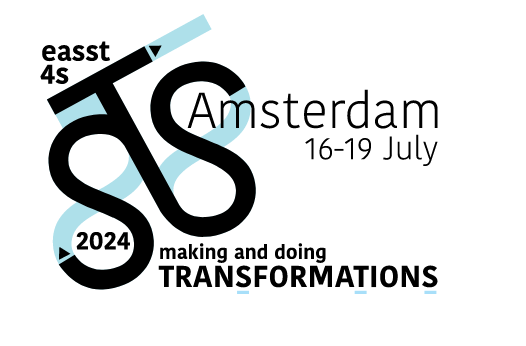On July 16th 2024, DiNoBord participated in the quadrennial joint meeting of the European Association for the Study of Science and Technology (EASST) and the Society for Social Studies of Science (4S), a gathering of scholars from different disciplines working on the interactions between society, science and technology.
DiNoBord’s panel, titled “Border infrastructures, geopolitical shocks, and regulation cracks” hosted 5 papers presenting cases of bordering technologies and practices from Europe, Asia and America and was followed by an interesting discussion on the methods and challenges scholars face when studying borders.
Heather Paxson from MIT discussed how the use of risk-based analytics in border control with regards to food safety and biosecurity, has impacted the practices of U.S.-based food importers and custom brokers.
Aditi Saraf from Utrecht University presented a paper on financial intelligence and regulation as border infrastructures, in Indian-administered Kashmir, with an emphasis on how historical exchange communities in the disputed borderlands of Kashmir are criminalised through the use of the seemingly innocuous language of financialization.
Hyun-Gwi Park from Kyung Hee University discussed the changes in the Korean De-Militarised Zone tourism over the last two decades in the context of the end of the Cold War and the development of neoliberal border regimes.
Isabel Matthias from Technische Universität Berlin presented her work on the integration of robots in EU external border regimes and infrastructure, addressing significant questions that emerge with the development of drones or so-called unmanned vehicles and their use by EU border guard forces.
You can see the abstracts of the papers presented, as well as the panel’s here.
